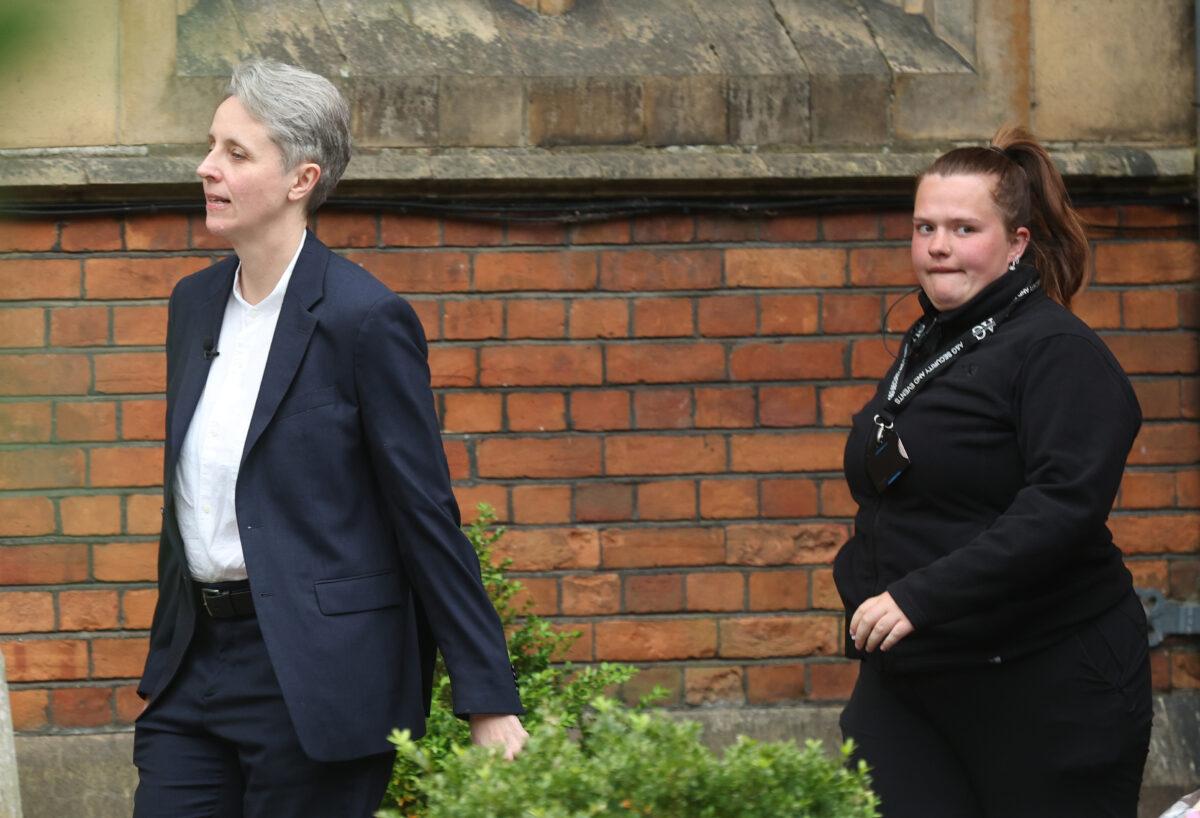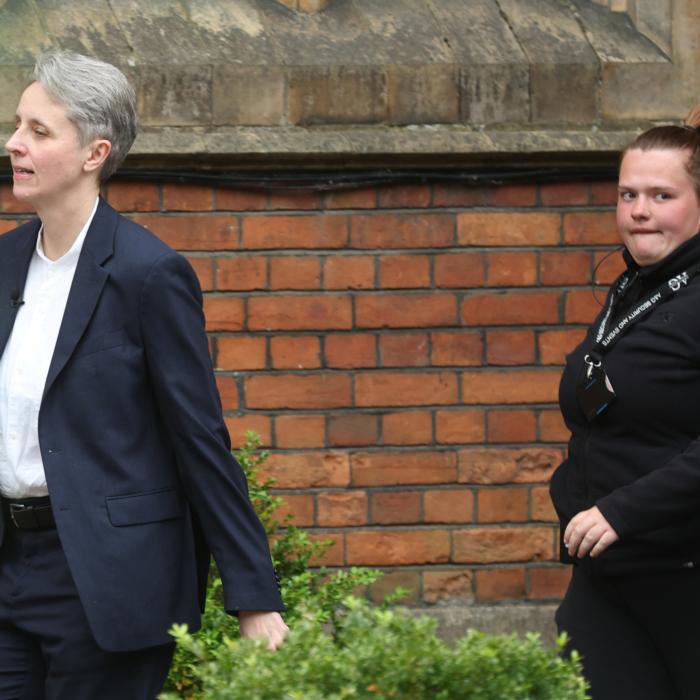The Office for Students (OfS) launched a consultation on Tuesday on its draft guidance on freedom of speech, ahead of new regulatory powers set to take effect in August.
Universities are warned against funding arrangements with foreign states or other foreign entities that may undermine freedom of speech, including by imposing an ideological test in a hiring process.
The OfS also warned universities against actions including firing staff over lawful speech, cancelling speaking events, and endorsing sets of principles that may discourage other views.
The OfS said if a university accepts international students through a programme of visiting scholarships funded by a foreign government, and recipients are required to accept the principles of the country’s ruling party and directions from the government, “amendment or termination of the scholarship agreement is likely to be a reasonably practicable step” that the university should take if speech and academic freedom are threatened.
A university is also advised to terminate or amend funding institutes if a foreign commercial entity that co-funds the institute is imposing “an ideological test” in its hiring or appointment processes.
The guidance says higher education providers “should not admit students or visiting academics on the basis of funding arrangements or other criteria that have the effect of restricting their or others’ free speech or academic freedom within the law” and “should be proactive about checking that those applying to be visiting academics do not pose risks to academic freedom.”
Cancel Mobs, Threats, Endorsements
The guidance said universities should resist pressure to fire or penalise staff or students over their speech and provide timely support to them.In one hypothetical example, the OfS said if a university receives evidence of threats from students over a lecturer’s teaching of controversial content related to a religion, it should make a statement supporting the lecturer’s continued employment and investigate the threats against them.
In another such example, the OfS cited a university that makes a statement two weeks after calls demanding it to expel a postgraduate literature student who accused Shakespeare of “systematic racism.” The statement expresses disapproval of the accusation but mentions free speech as a fundamental value.
The OfS said the university in this case would have waited for too long, the statement may undermine the student by criticising their position, and it didn’t clearly state that the student would not be expelled.

The draft guidance says any process of dismissal should “include a sufficiently detailed record of all decisions” that “include evidence that the process did not penalise a member of staff for their exercise of academic freedom.”
It also warned against anonymous reporting portals that staff and students can use to report each other over lawful speech; blanket requirements such as “misgendering is never acceptable” or college computer users “must not transmit offensive material;” or race awareness training that teaches things such as “all white people are complicit in the structural racism pervading British society.”
The guidance says universities should have a “fair, objective, and rapid triage process for complaints relating to speech” to screen out “vexatious, frivolous, or obviously unmeritorious complaints” so the target wouldn’t be subject to unnecessary investigation.
It also warned against signing up to a set of principles when applying for accreditation to a charter body.
The consultation will run for two months until May 26 and the final guidance is expected to take effect on Aug. 1.
According to proposals published in a previous consultation, the new system will only deal with complaints received after Aug. 1, and will not review events before the date.
In a statement to The Epoch Times, a spokesperson for Universities UK said: “This is an extraordinarily complex issue in an already complicated landscape, and it is essential that any decisions made on the basis of this consultation are considered and proportionate. Freedom of speech and academic freedom sit at the heart of universities’ purpose, and the sector take their commitments and responsibility to protect and promote them extremely seriously.
“We will take time to consider today’s announcement, and look forward to both feeding into the consultation, and working with the OfS more broadly in this space.”







